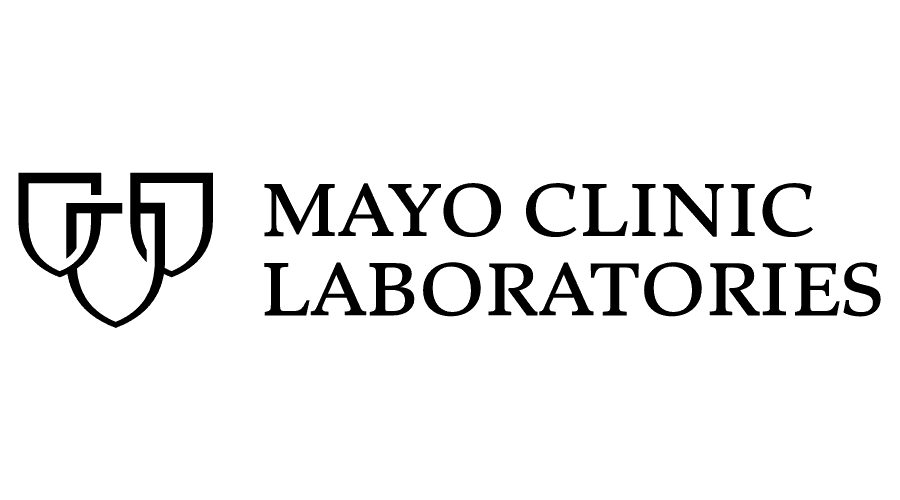
Mayo Clinic Laboratories has developed plasma biomarker testing for early detection of Alzheimer’s disease through p-Tau217 evaluation. This testing approach enables diagnosis during mild cognitive impairment (MCI) stages, potentially improving access to disease-modifying therapies and clinical trials. The laboratory’s integration with Mayo Clinic’s Alzheimer’s Disease Research Center strengthens their diagnostic capabilities through automated immunoassays and carefully selected cut-off ranges.
Key Points:
- Plasma biomarker testing focuses on protein phosphorylated Tau 217 (p-Tau217) and biomarker ratios, demonstrating the highest diagnostic accuracy among fluid-based biomarkers for detecting amyloid beta pathology in the brain.
- Statistical evidence shows 60-80% of dementia patients have Alzheimer’s disease, with one-third of MCI patients developing dementia within 5 years. One in three seniors die with dementia.
- The noninvasive blood test is designed for patients 50 and older, offering an alternative to more invasive diagnostic procedures while maintaining diagnostic confidence through optimized sensitivity and specificity.
- Mayo Clinic Laboratories provides comprehensive dementia testing options including autoimmune dementia evaluation, genetic testing (ApoE genotyping, Notch3 analysis), and specific tests for conditions like prion disease and frontotemporal dementia.
- Testing results guide clinical decisions by supporting lifestyle medicine integration, facilitating access to disease-modifying treatments, and enabling clinical trial participation during early disease stages.

HCN Medical Memo
Early detection through plasma biomarker testing may enhance therapeutic interventions and patient outcomes by enabling diagnosis during MCI stages, when disease-modifying treatments may be most effective.
More on Alzheimer’s Disease/Dementia
 PATIENT EDUCATION
PATIENT EDUCATION  OBESITY/WEIGHT MANAGEMENT
OBESITY/WEIGHT MANAGEMENT  EXERCISE/TRAINING
EXERCISE/TRAINING  LEGAL MATTERS
LEGAL MATTERS  GUIDELINES/RECOMMENDATIONS
GUIDELINES/RECOMMENDATIONS